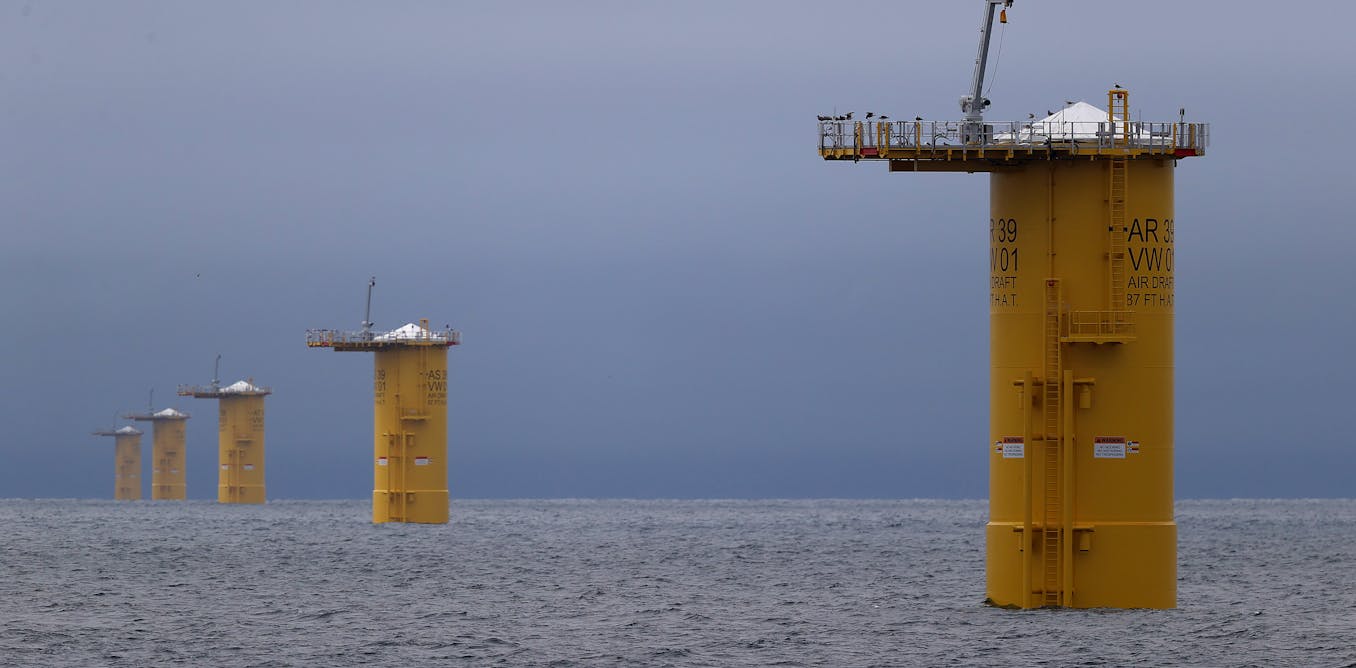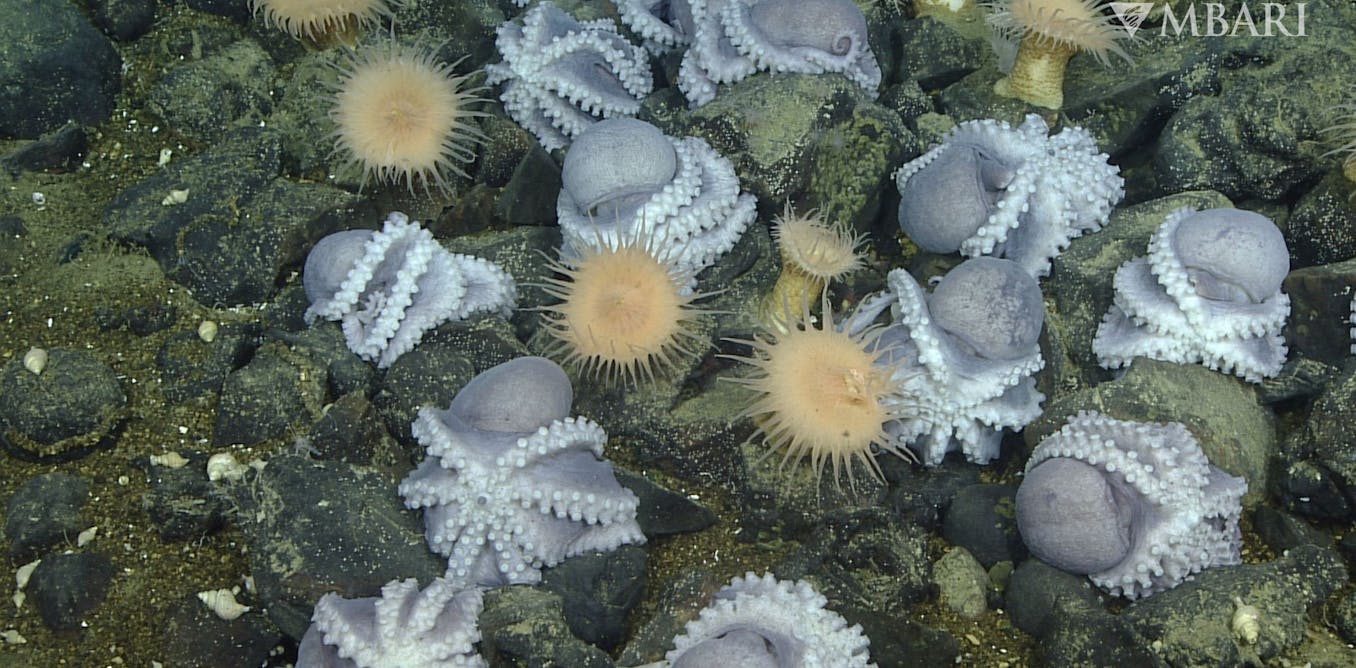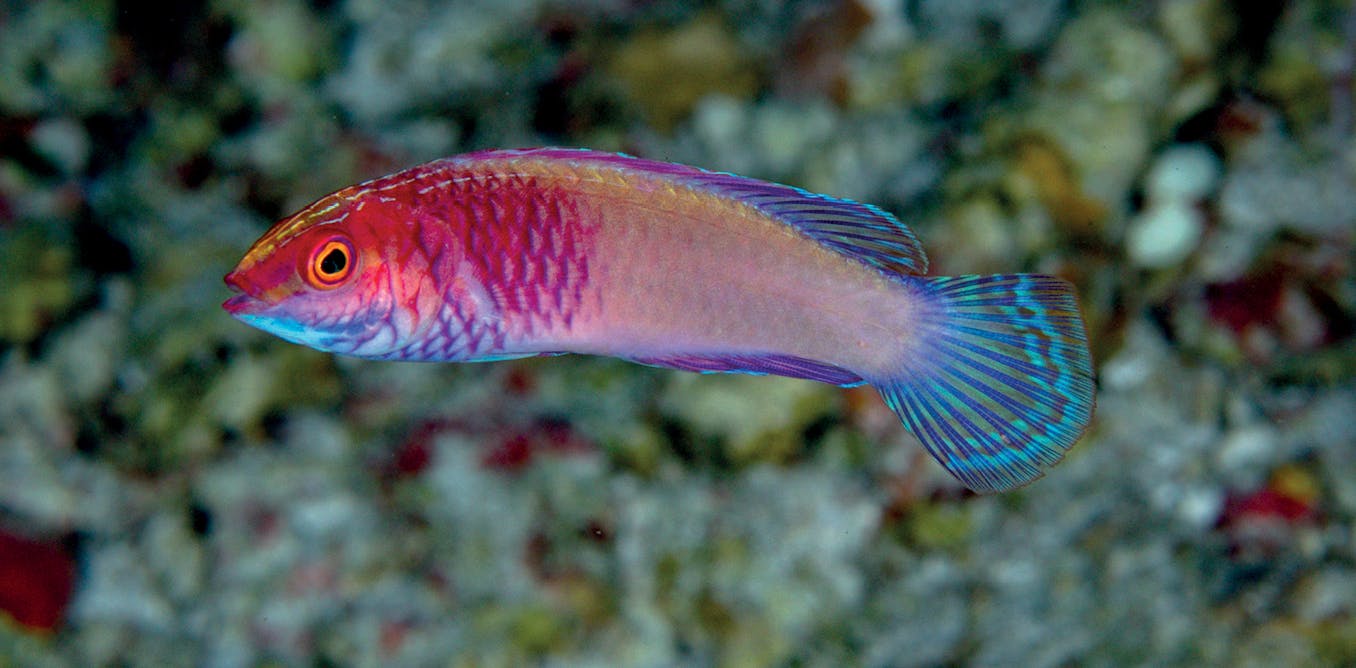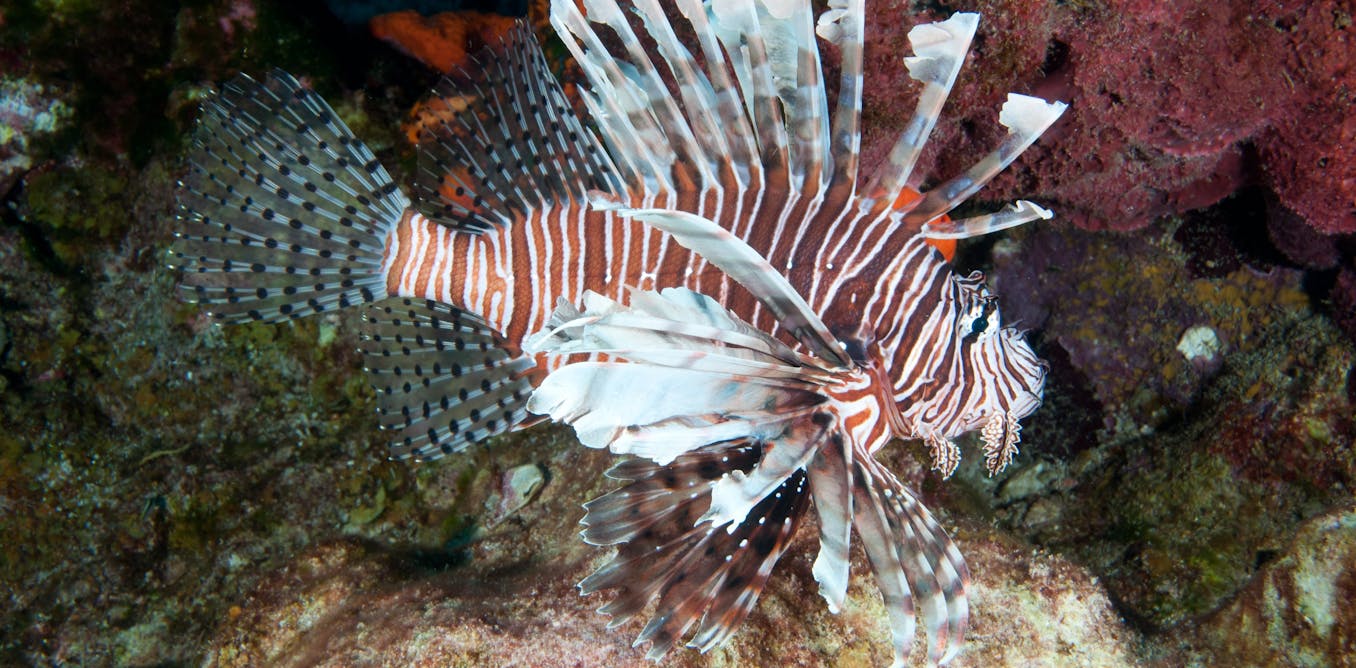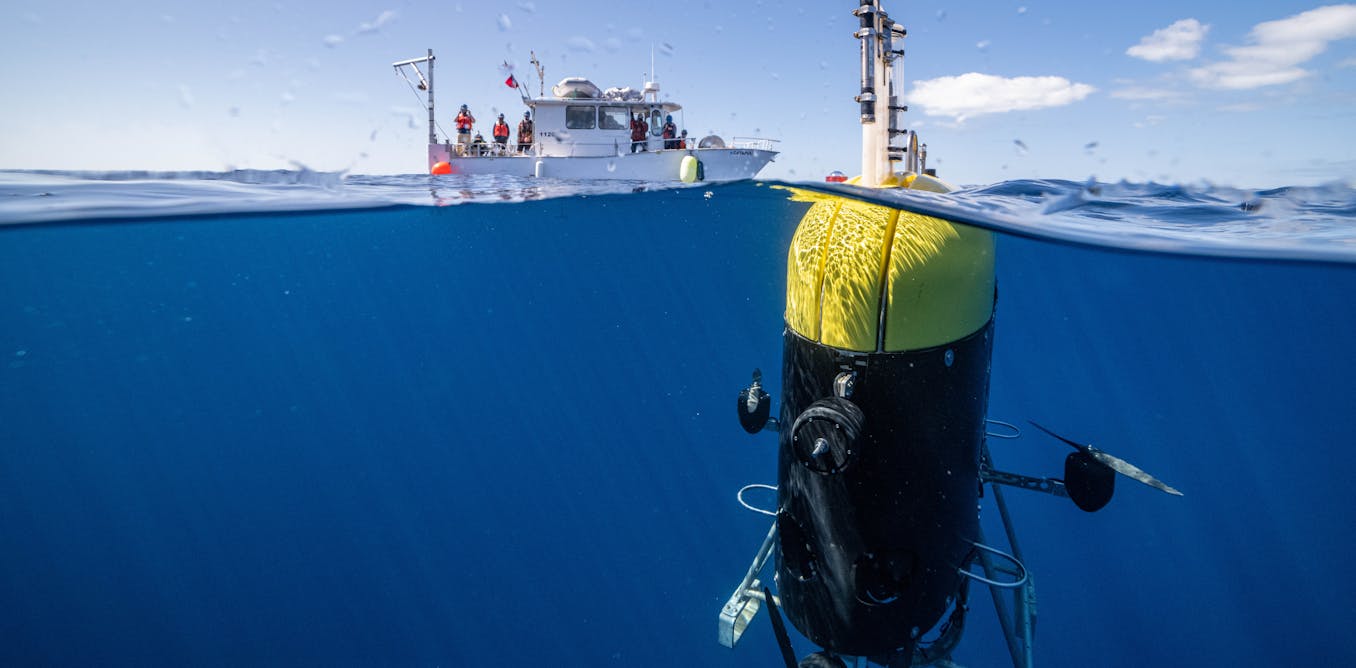As the US begins to build offshore wind farms, scientists say many questions remain about impacts on the oceans and marine life
A recent study focusing on how offshore wind farms in Massachusetts waters could affect endangered right whales does not call for slowing the projects, but says monitoring will be critical.
Nov. 15, 2023 • ~10 min

